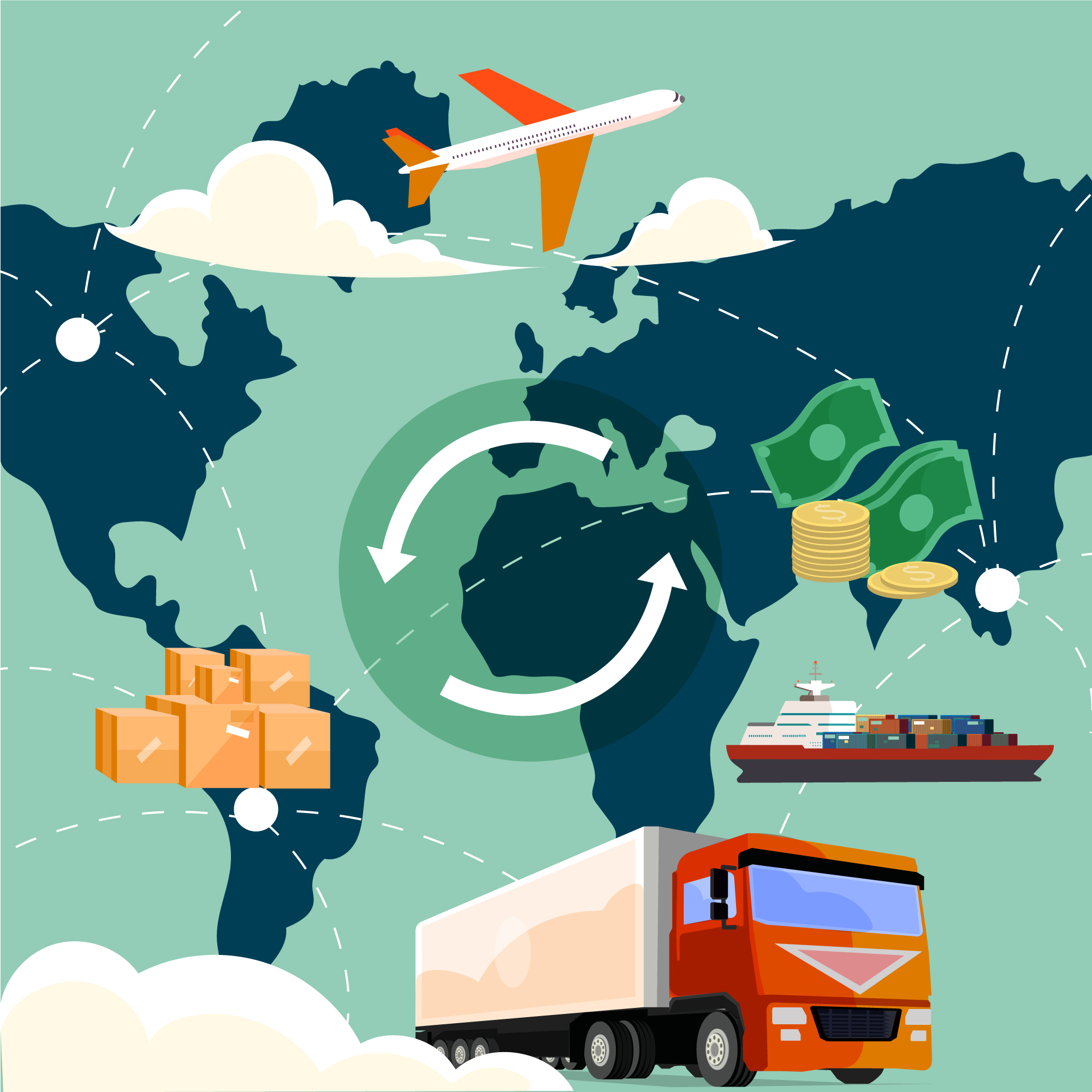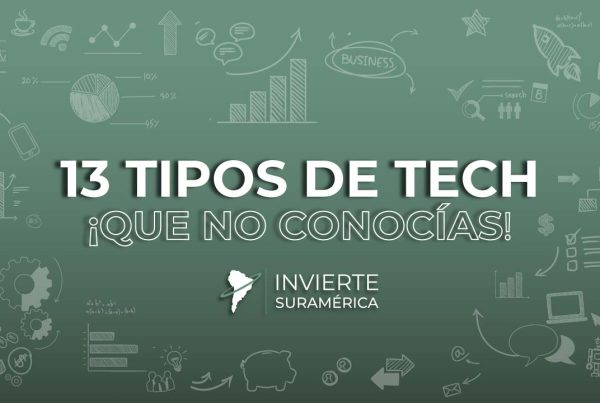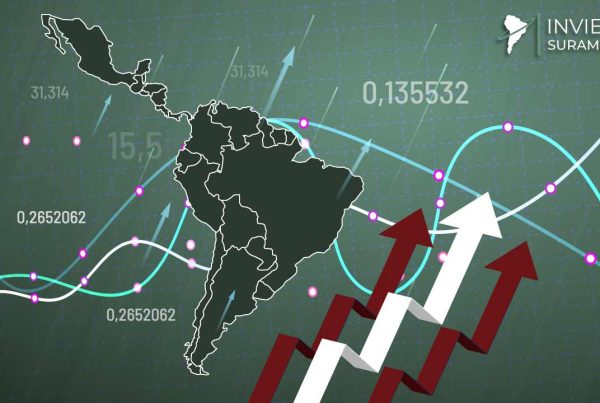The fourth industrial revolution brought with it digitalization and the proper use of technology to solve problems; added to this is the emergence of new generations, who have broadened the vision of emerging markets in economic growth. In this digital age, innovation is becoming increasingly important in all industries.
In this blog, we will discuss how startups benefit the economy and how growth can be maximized in the Latin American region.
Promoting any project without regard to its nature is a difficult mission because different skills are required in each sector, such as marketing or business model projection, which could be B2B or B2C, such as achieving an MVP (minimum viable product), creating an SVO (online sales system), these are some of the points that are taken into account to achieve progress for the startups, which is why the need to reward and promote new startups, because they are a source of growth for the Latin American economy.
We understand your curiosity. How do startups benefit the economy?
1. Increase in employment
One of the most well-known advantages of startups is the increase in employment in the region, which is due to the fact that some startups generate 200 to 500 jobs, and others already operate in more than three countries in the region. They could create between 10,000 and 12,000 jobs.
In the case of Rappi its is generating 8.000 jobs in the year 2021. MercadoLibre the E-Commerce platform will add a total of 14,000 collaborators throughout Latin America, in a new impetus to its e-commerce and financial solutions operation in the region, and it opened a total of 1,200 jobs in Colombia, reinforcing its workforce by 45 percent.

2. Interests of developed countries
Startups have a significant economic impact because they encourage consumption in the form of purchasing goods, meals, trips, and so on. The tech sector is primarily driven by emerging markets.
Submitting disruptive proposals increases the confidence and interest of public and private investors; startups have the ability to expand other startups, which improves the economy not only regionally, but globally. It is important to note that this expansion and promotion of other startups is a process that boosts productivity while also improving creativity and innovation.
3. Encourage inter-society consumption
Latin America’s mission is to provide solid government support in order to create an ecosystem in which startups can promote innovation. This benefits open funds and business accelerators, and they are able to offer high quality for attracting investors. Latin America was the region in the world with the highest growth in startup investments in 2021, and investment figures are expected to rise further by 2022.
The region is known to have approximately 27 “unicorns,” or startups with a market value of more than $1,000 million. Brazil stands out among the region’s countries. The country has successfully promoted high-value startups, hosting a large portion of the region’s unicorns and also promoting startups from other countries as one of its headquarters, boosting employment and the country’s economy.
Latin America has attracted global investors because of the size of its market and the goods and services offered, as well as the commitment that some governments have had to innovation and which, with the help of the private sector, promotes digital preparation in a harmonious ecosystem with policies and regulations that are constantly improving to boost consumption within the region.

Finally, startups in the region are growing exponentially, but more support is still needed, and we know that if countries had as one of their main policy projects to invest in innovation and invest in funds in which these contacts are provided around the world, successfully connecting the most promising startups, both the main country and the others would increase the economy. Do you know of another economic benefit of startups? Send us an email or leave a comment.
Learn more about Latin America and different startups on our blogs and YouTube channel.



